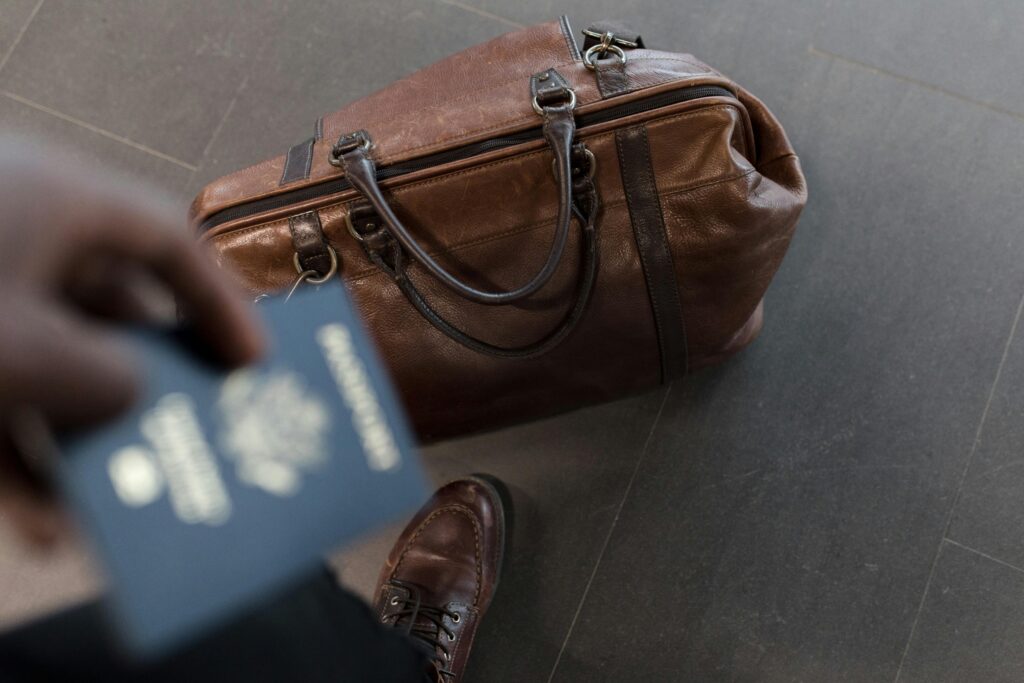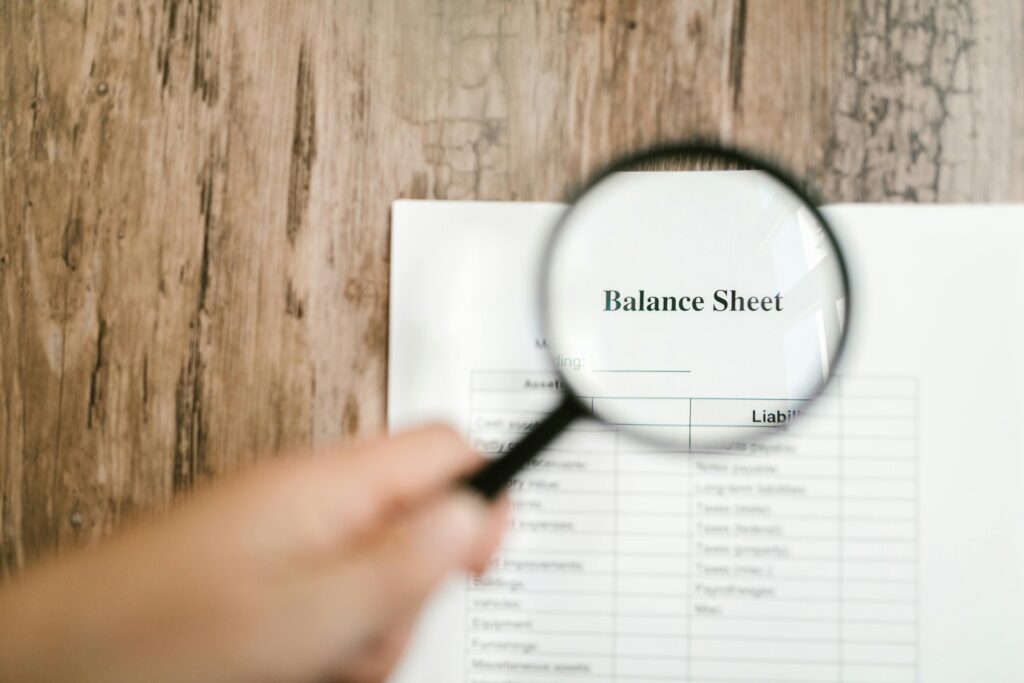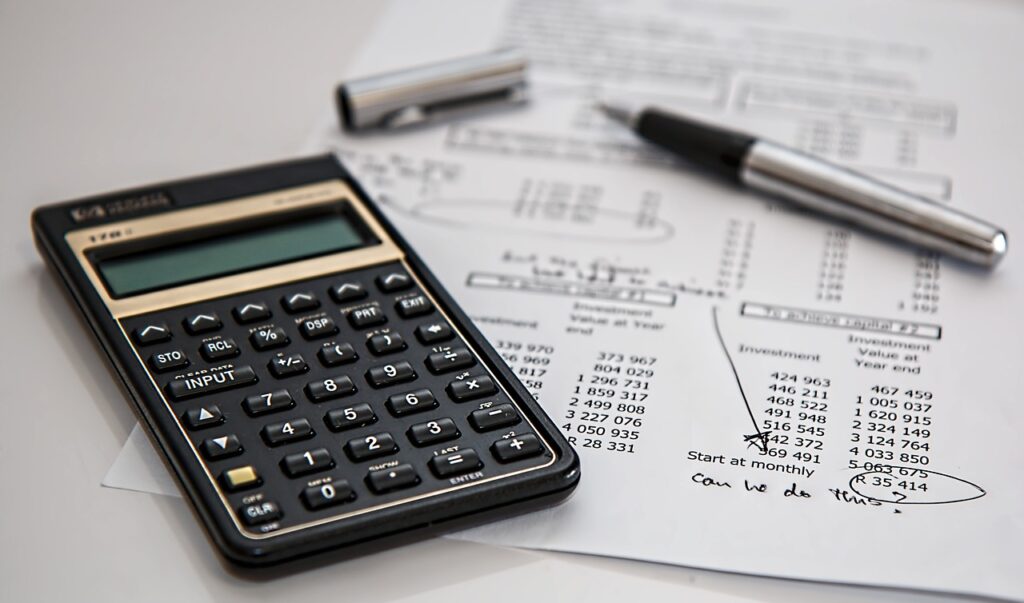Capturing all tax-deductible expenses minimises your tax bill, keeping your hard-earned cash in your pocket where it belongs, victory…
How much attention are you paying to these expenses when preparing your tax return? Do you speak with someone about other expenses that are less obvious and often missed entirely? If not, you may be overpaying tax, giving away more money to HMRC than you actually owe.
Now, this could be considered noble of you, but I’d be willing to bet that you could do more good with that money than the government will! What do you think?!
If you read on, you will see some of the different deductions available that you may be missing…
Trading Allowance
Sole traders and unincorporated businesses have the option of deducting all or part of the £1,000 trading allowance instead of claiming the business expenses.
If your business income is less than £1,000 then this allowance will be capped at your turnover (i.e. it cannot create a loss).
You have one trading allowance, you do not get multiple trading allowances if you have multiple trades.
The trading allowance is particularly useful if your expenses are less than £1,000 and you have not made a loss.
Use of Home Expenses

If you work from home, you can claim a portion of your household expenses as a business deduction. This may include:
- Rent or mortgage interest
- Utilities (electricity, gas, water)
- Landline and broadband
- Council tax
- Home insurance
- Repairs and maintenance
You should make sure that you apportion these expenses reasonably based on the space and time used for business purposes.
If you own your home, then you should be careful to not use an area of your home exclusively for business purposes, with no personal use as this may increase the tax when you sell the home (even if you live in it as your main home as it restricts main residence tax relief).
Alternatively, you can use the simplified flat rate expense method for using your home of £10, £18, or £26 per month depending on the number of hours worked.
Office Supplies and Equipment
If you buy supplies and equipment that are used in your business, then these costs can be claimed as expenses. This may include:
- Stationery
- Computers, laptops, printers, cameras, microphones (or other IT equipment)
- Software subscriptions (e.g. for video conferencing, editing software, anti-virus software, CRM etc.)
- Mobile phone costs relating to business use
- Office furniture / free standing lighting
- Office decoration
- Cleaning
Other equipment
- Protective clothing (overalls, work boots/gloves etc.) and equipment
- Special uniform
Clothing is not an allowable expense unless protective or a uniform. To qualify for a deduction the clothing must not be able to form part of an ‘everyday’ wardrobe, therefore, even business suits to look professional cannot be deducted.
Travel Expenses

Business travel expenses are deductible. This may include:
- The business proportion of your vehicle purchase or the value when first used for business purposes (care should be taken to apply the correct treatment as the rules around cars are usually different to other expenses)
- Public transport
- Petrol / Diesel (or the flat rate mileage allowance for business travel in your own vehicle. For cars, this is currently 45p per mile for the first 10,000 miles and 25p per mile thereafter)
- Car insurance and repairs on the business use percentage of your vehicle
- Parking fees on the business use percentage
- Repairs and maintenance on the business use percentage
- Taxi fares
- Accommodation and meals (when staying away from home)
There are specific rules, but generally speaking, costs for travelling to a place of work (i.e. office) are not deductible.
You should keep detailed records, including travel logs and receipts, to substantiate these business travel expenses.
Advertising and Marketing
You can deduct expenses related to advertising / promoting your business. This may include:
- Social media advertising
- Print and online advertisements
- Business cards, leaflets, brochures etc.
Professional Services
You can deduct professional fees for services related to your business. This may include:
- Accountancy and bookkeeping fees
- Legal fees
- Consulting fees
- Website development and hosting
- Design and branding services
- Union fees and professional subscriptions
Employee Salaries and Benefits
Employees pay, bonuses and benefits are deductible (provided they are paid within 9 months of the accounting year end. This may include:
- Gross pay
- Bonuses and commissions
- Employer National Insurance contributions
- Pension contributions
- Private medical / dental insurance, accommodation, company cars, and other benefits in kind
Insurance Premiums
Insurance of various types, for business purposes are deductible, including:
- Public liability insurance
- Professional indemnity insurance
- Employer’s liability insurance
- Business property insurance
- Cyber insurance
Education and Training

Generally, investing in education and training for yourself and your employees is deductible, but there are exceptions. This may include:
- Courses, seminars and webinars
- Professional development programs
- Training materials
- Books / magazines
Generally speaking, training costs are not tax deductible if they are to start a business or acquire knowledge outside of your industry. If you are:
- updating your knowledge or gaining expertise on your existing business area,
- keeping pace with industry changes, or
- taking courses that are ancillary to your main trade, such as bookkeeping, or marketing
Then this will usually be allowable. Speak with me for more clarity on this if you are unsure.
Rent and Lease Payments
If you rent / lease office space, equipment, or vehicles for your business, these payments are tax deductible. Your formal lease agreements and transaction history should be able to substantiate these claims.
Interest on Business Loans
The interest paid on loans used for business purposes is tax deductible. Such as:
- Loans for business growth
- Overdrafts
- Equipment financing
There are also certain instances when loan interest can qualify for deduction against your general income.
Depreciation (Capital Allowances)
Depreciation is not an allowable expense for tax purposes (although it is for accounting purposes). This is because profits can be easily manipulated as different people will use different depreciation methods / calculations. To avoid this, standardised deductions called ‘capital allowances’ give tax relief on certain assets, giving full relief either in the year of acquisition or spread over that and subsequent years. These assets include:
- Machinery and equipment
- Buildings (if you qualify for the Structures and Buildings Allowance)
- Vehicles used for business
- Intellectual property
- Plus more
Capital allowances can be a difficult area to understand so some care should be taken if you are planning on purchasing assets that are capital in nature.
Closing

It’s important to note that some expenses can have both business and personal use. These expenses are said to have ‘duality of purpose’. When there are costs that have dual purpose, you can still claim tax relief for the element that is identifiable as business use, provided you are able to reasonably calculate the split between business and personal / non-trade.
As you may know by now, record keeping is important in case HMRC ever challenge your tax return. HMRC can also issue a penalty of up to £3,000 for each tax return or standalone claim if you fail to keep records to keep proper records. A self-employed person must retain records for five years from 31 January following the end of the tax year. So, for the 2023/24 tax year you would need to retain your records until 31 January 2030 – for the avoidance of doubt, you could just keep your records for six years.
Finding your way through HMRC’s guidance and understanding what you can and can’t deduct can be really difficult, so speaking to a professional can help you to claim as much as you can and save you the time searching for answers.
Every pound of tax saved is a pound that can be invested into growing your business / wealth. Happy saving!
Bye for now
Jordan Armstrong
